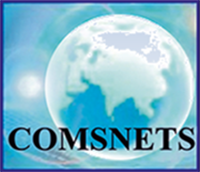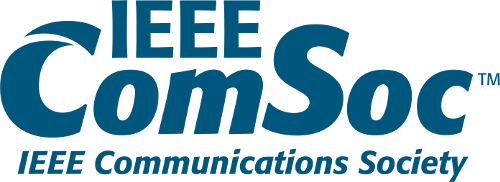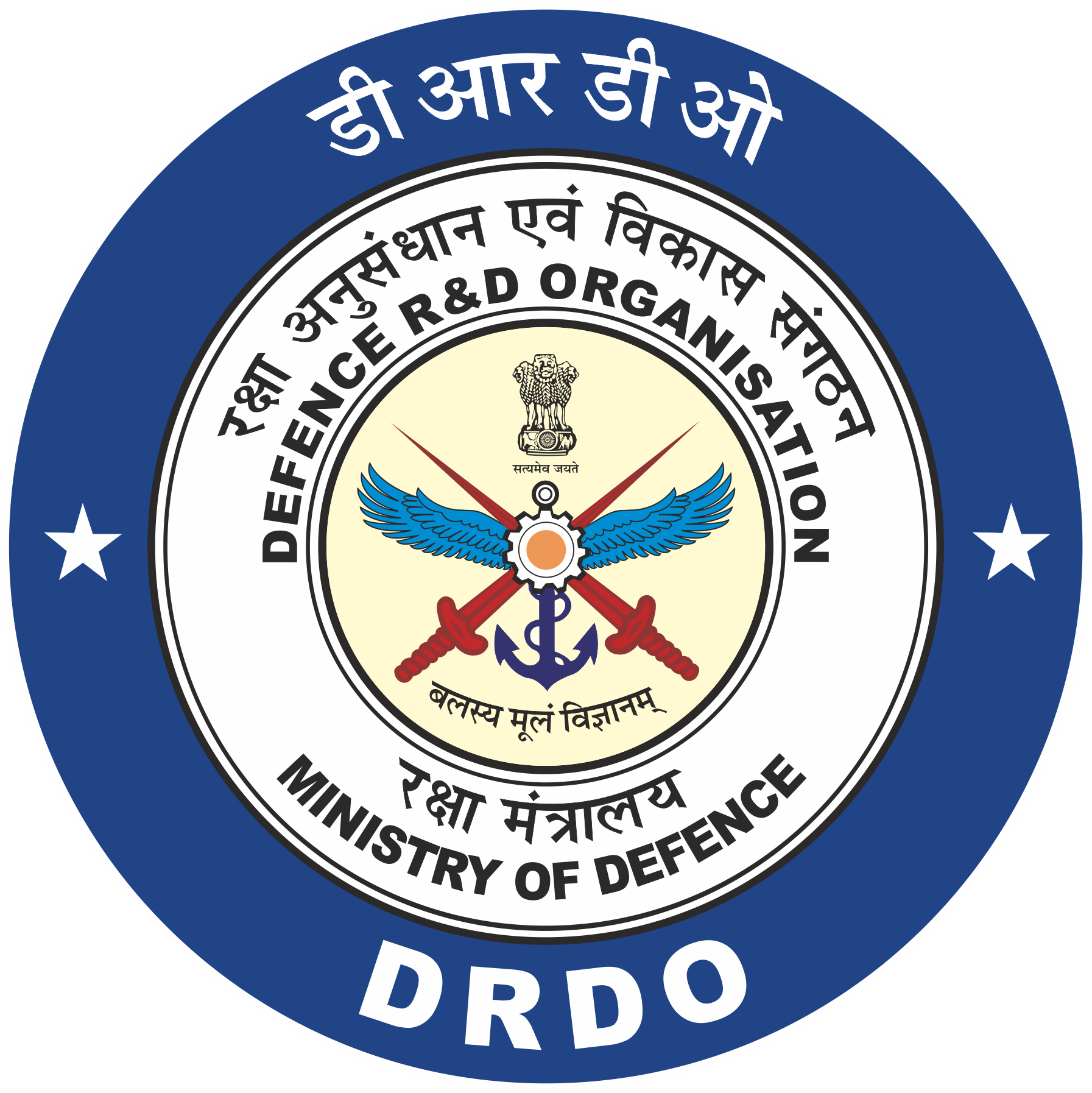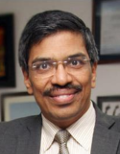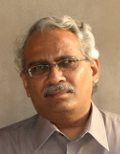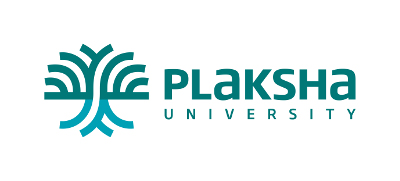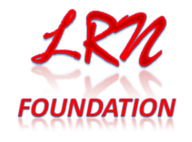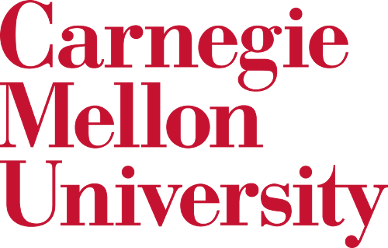Cyber Security and Privacy Workshop
All workshops will be conducted in a hybrid mode. However, we strongly encourage physical attendance (including delegates/authors/speakers/chairs and OC members) for the workshops, especially if you are in India. There will be travel grant opportunities for authors traveling from within India.
Schedule
| January 4, 2022 | ||
|---|---|---|
| Venue: Indian Affairs | ||
| Time | Title | Speaker/Authors |
| 9:30-10:00 | Registrations | |
| Session 1: Security | ||
| 10:00-11:00 | Keynote Talk: End-to-End Network Agnostic Security for Data | Prof. Rajat Moona |
| 11:00-11:30 | Tea break | |
| 11:30-11:50 | Packet Batching for Reducing System Resource Consumption for Botnet Detection using Network Traffic Analysis |
Himanshu Gandhi; Vinay J. Ribeiro |
| 11:50-12.10 | Evading Malware Analysis Using Reverse Execution | Adhokshaj Mishra; Animesh Roy; Manjesh K Hanawal |
| 12:10-12:30 | Influence Based Defense Against Data Poisoning Attacks in Online Learning | Manish Shukla; Sachin Lodha; Shubham Malaviya; Rosni Vasu; Sanjay Seetharaman |
| 12:30-12:50 | Analysis of A Lightweight Authentication Protocol for Remote Surgery Applications under the CK-Adversary Model | Srijanee Mookherji; Odelu Vanga; R. Rajendra Prasath |
| 1:00-2:00 | Lunch | |
| Session 2: Blockchain | ||
| 2:00-2:20 | An Overview of Blockchain Technology for Identity and Access Management in IoT Ecosystem | Rajesh S M; Santosh Pattar; Prabha R; Manjula S h |
| 2:20-2:40 | ProphetChain: Hostaging the Blockchain with Ransom Block Release | Aditya Ahuja |
| 2:40-3:00 | Smart Contract Fuzzing for Enterprises: The Language Agnostic Way | Siddhasagar Pani; Nallagonda Harshita; Vigneswaran R; Rajan M A; Saumya Prakash; Raveendra Kumar Medicherla |
| 3:00-3:20 | A Machine Learning Consensus Based Lightweight Blockchain Architecture for Internet of Things | Abhiroop T; Sarath Babu; Manoj Bs |
| 3:20-4:00 | Tea break | |
| Session 3: Privacy | ||
| 4:00-4:20 | Blockchain-enabled Privacy Preserving of IoT Data for Smart Cities using Machine Learning | Priyan Kumar; Bharat S Rawal; Jiechao Gao |
| 4:20-4:40 | Privacy Enabled Immunity Credential System on Blockchain | Harika Narumanchi; Lakshmi Padmaja Maddali; Nitesh Emmadi |
| 4:40-5:00 | People to People (P2P) Privacy in Mobile Devices | Arun Kumar Jindal; Vijayanand Banahatti; Sachin Lodha |
| 5:00-6:00 | Keynote Talk: Enterprise Security: Modern Challenges and Emerging Measures | Sitaram Chamarty |
Keynote speakers
Rajat Moona
Director, Indian Institute of Technology Bhilai, India.Visit Homepage
End-to-end security is an important aspect. We have been hit by many security breaches in the recent past. It has been reported that data from various commonly used sites was hacked. While such stories may or may not be true there is an important aspect that is brought forward by these media reports. Internet-in-the-loop is a commonplace today. Without Internet it is unimaginable today how business could be carried out. On the other hand, Internet also brings in vulnerabilities, if not properly designed. End-to-end security is a solution possibly for having Internet in the loop and yet provide a security which is also agnostic to the network. In this talk, we will look at the aspects of end-to-end security and how it could be used to achieve various goals of data safety. We shall also look at various pitfalls that may also arise due to end-to-end security.
Professor Rajat Moona heads the Indian Institute of Technology, Bhilai (IIT Bhilai), which is one
of the six new IITs established by the Ministry of Human Resource Development, Government of
India.
Prof. Moona is also a Professor of Computer Science at IIT Kanpur and has supervised several
postgraduate theses. He along with his students and colleagues, has authored 10 patents,
several research papers, and books.
He had been instrumental in defining applications such as smart card driving license, vehicle
registration, e-passport, electronic toll collection, mobility card, etc. The research area of Prof.
Rajat Moona spans over embedded computing, computer security, VLSI design and Operating
Systems.
In the past Prof. Moona was the Director of the Centre for Development of Advanced Computing
(C-DAC) in capacity of Director General. Prof. Moona is recipient of several awards and
recognitions, including Indo-US Science and Technology Fellowship, Poonam and Prabhu Goel
Chair Professorship, VASVIK Award for the year 2010, IESA Techno-visionary Award 2014,
fellowship of Maharashtra Academy of Sciences 2015 and National award of Election
Commission of India 2016 for the best electoral practices.
Prof. Rajat Moona is an active member of the technical committee of Election Commission of
India for EVMs and has been instrumental in defining the EVMs and VVPAT. He has also been
instrumental in defining national voter service portal and national electoral search for the voters.
Sitaram Chamarty
Principal Scientist, TCS ResearchVisit Homepage
Security occupies a peculiar position in corporate budgets: when it really works, you don’t see the impact. Some years ago, naive CFOs might even have questioned why a budget existed for security. Sadly, this is no longer the case – attacks have become common enough, widespread enough, and varied enough, that every segment of not just the IT industry, but in some extreme cases even the general public, has become aware of them. This talk will explore this complex, ever-expanding, problem. We will look at the ecosystem and current trends in cybersecurity, their impact and implications, and finally we look at some new (and some old) measures that will help, if used widely enough.
Sitaram Chamarty is part of TCS's Corporate Technology Office, working on Cybersecurity and Privacy research in TCS, with responsibilities split between both the research focus and the customer focus.
He has over 35 years of industry experience, of which the last 2 decades has been focused on security. He has a good breadth of knowledge in security and related topics at a broad level, with special focus on authentication, authorisation, access control methods, and applications of cryptography. He has an especially deep understanding and interest in the so-called “carbon layer”, and best practices for individual security – something that keeps changing as the security landscape changes.
Sitaram has given several industry-perspective talks at various venues over the years, conducted several customer education events and security design reviews, including large automotive customers, has been key to formulating TCS’ internal cryptography policy and is a member of TCS’ internal Cybersecurity Task Force. He also led the development of “TCS Dhruvam”, India’s most successful PKI suite.
He's an open source enthusiast and evangelist, and has been using Linux exclusively since 1995. He's also a self-claimed expert in perl and git, and is the author of "Gitolite", a very popular and powerful access control tool for git, which is used by many large open source projects, including the Linux Kernel development project, FreeBSD, Fedora, KDE Neon, Gentoo, and many others. In addition, he was forced to become a quasi-expert in the legal aspects of open source!
Prior to focusing on security, Sitaram worked on data warehousing and language conversion and tools.
He holds a post graduate degree in Computer Science from ISI, Kolkata, India.
Accepted Papers
- Analysis of A Lightweight Authentication Protocol for Remote Surgery Applications under the CK-Adversary Model
Srijanee Mookherji; Odelu Vanga; R. Rajendra Prasath - Blockchain-enabled Privacy Preserving of IoT Data for Smart Cities using Machine Learning
Priyan Kumar; Bharat S Rawal; Jiechao Gao - ProphetChain: Hostaging the Blockchain with Ransom Block Release
Aditya Ahuja - A Machine Learning Consensus Based Light-Weight Blockchain Architecture for Internet of Things
Abhiroop T; Sarath Babu; Manoj Bs - An Overview of Blockchain Technology for Identity and Access Management in IoT Ecosystem
Rajesh S M; Santosh Pattar; Prabha R; Manjula S h - Smart Contract Fuzzing for Enterprises: The Language Agnostic Way
Siddhasagar Pani; Nallagonda Harshita; Vigneswaran R; Rajan M A; Saumya Prakash; Raveendra Kumar Medicherla - People to People (P2P) Privacy in Mobile Devices
Arun Kumar Jindal; Vijayanand Banahatti; Sachin Lodha - Evading Malware Analysis Using Reverse Execution
Adhokshaj Mishra; Animesh Roy; Manjesh K Hanawal - Influence Based Defense Against Data Poisoning Attacks in Online Learning
Manish Shukla; Sachin Lodha; Shubham Malaviya; Rosni Vasu; Sanjay Seetharaman - Packet Batching for Reducing System Resource Consumption for Botnet Detection using Network Traffic Analysis
Himanshu Gandhi; Vinay J. Ribeiro - Privacy Enabled Immunity Credential System on Blockchain
Harika Narumanchi; Lakshmi Padmaja Maddali; Nitesh Emmadi
Call for Papers
The Cybersecurity and Privacy (CSP) Workshop will be held in conjunction with the annual COMSNETS conference on January 04, 2022. This workshop is intended to be a forum where researchers can meet and discuss the latest in cyber security and privacy topics as they apply to communications systems. Security and Privacy researchers and professionals from government, industry and academia are invited to propose and present original work in the following topics (or related areas):
- Authentication, authorization, and accounting
- Information Security protocols and architectures
- Security in wired, mobile and wireless communications
- Security in grid/cloud/pervasive computing
- Network Intrusion Detection and Prevention, firewalls, packet filters
- Public Key Infrastructures, key management, credential management
- Network and internet forensics techniques
- Secure routing and security management
- Malware, botnets, etc.
- Embedded system security
- Security in parallel and distributed systems
- Blockchain and distributed ledger technologies
- Security and privacy policies
- Anonymous communication and censorship resistance
- Security and privacy for e-commerce/m-commerce
- Security and privacy in social networks
- AI security and privacy
- Internet of Things security and privacy
- Mobile devices security and privacy
- Web security and privacy
Researchers are invited to submit papers based on original work in these and other topics related to cyber security and privacy.
Submission Guidelines
- The Cyber Security and Privacy Workshop invites submission of original work, not previously published, or under review at another conference or journal.
- Submissions (including title, author list, abstract, all figures, tables, and references) should not exceed 6 pages in length. A minimum number of 3 pages are required.
- Reviews will be single-blind: authors name and affiliation should be included in the submission.
- Submissions must follow the formatting guidelines as given on IEEE Website; and those that do not meet the size and formatting requirements will not be reviewed.
- All papers must be in Adobe Portable Document Format (PDF) and submitted through the CSP Workshop submission site on EDAS.
- All workshop papers (full papers - both regular and invited) will appear in conference proceedings, and submitted to IEEE Xplore as well as other Abstracting and Indexing (A&I) databases.
Paper submission link: https://edas.info/N28668
Important Dates
| Workshop Date | 4th January 2022 |
Program Committee
- Thomas Chen, City University of London, UK
- Ali Dorri, Queensland University of Technology, Australia
- Robin Doss, Deakin University, Australia
- Ernest Foo, Griffith University, Australia
- Praveen Gauravaram, TCS Research, Australia
- Vireshwar Kumar, Indian Institute of Technology Delhi, India
- Souradyuti Paul, Indian Institute of Technology Bhilai, India
- Vinay Ribeiro, Indian Institute of Technology Bombay, India
Workshop Co-Chairs

Yuval Elovici
Ben-Gurion University of the Negev, Israel
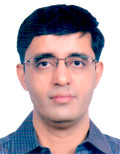
Sachin Lodha
TCS Research, India
